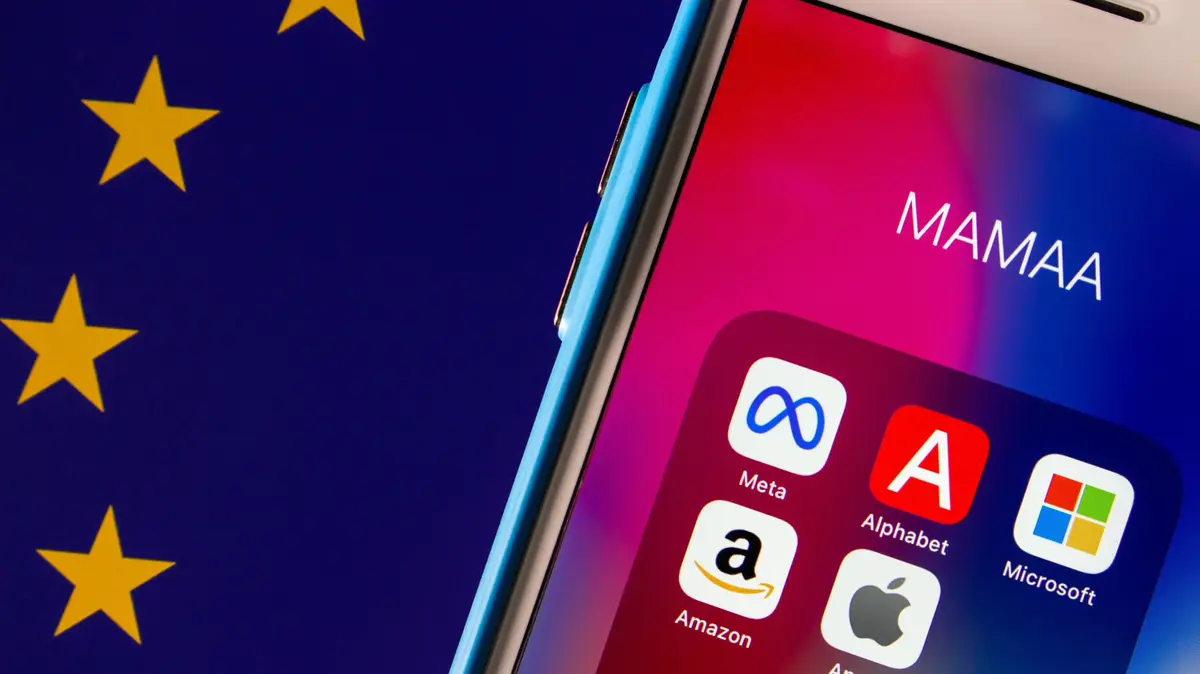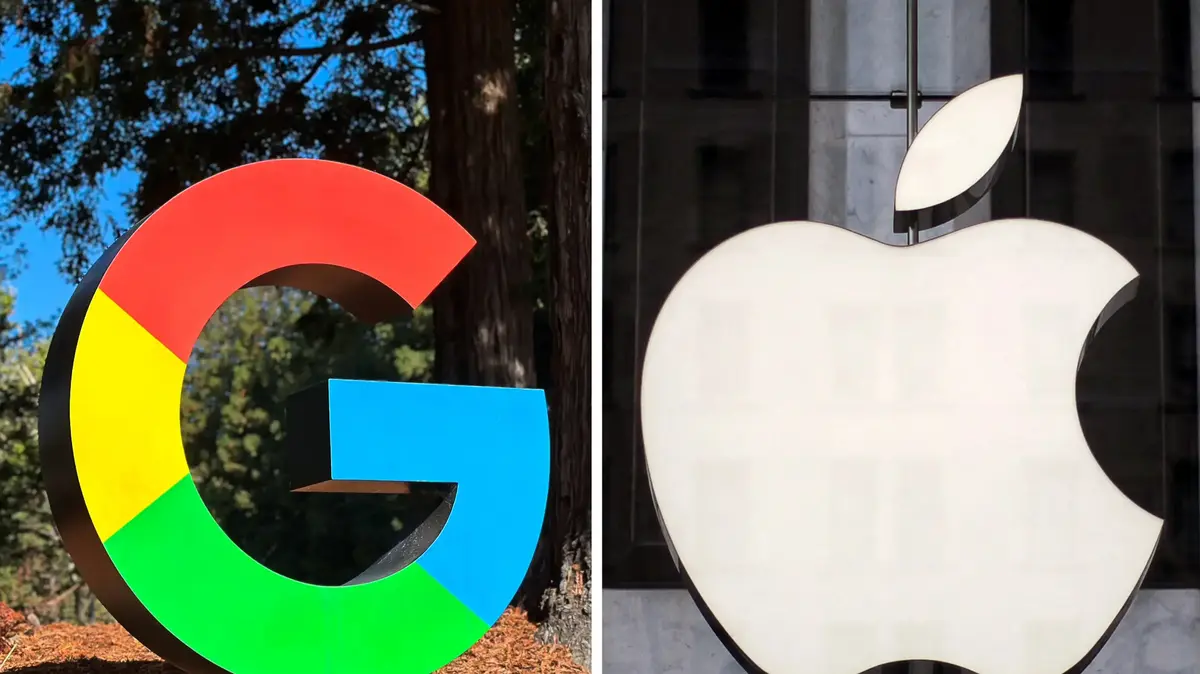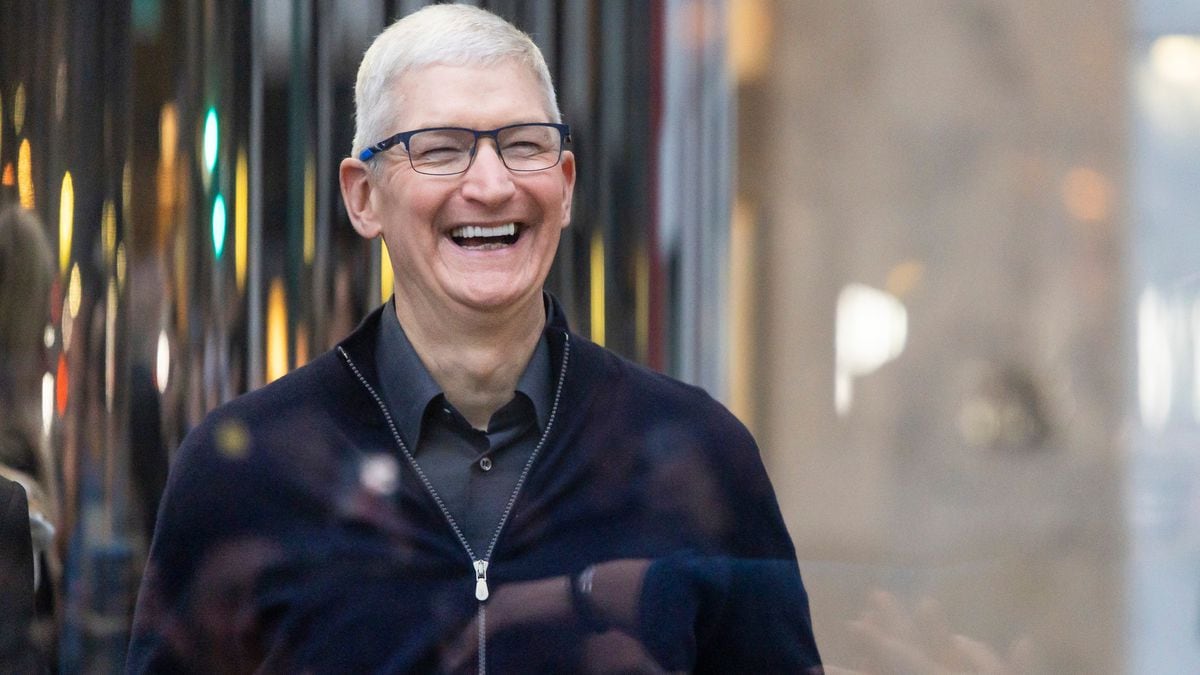Last Thursday, Apple and Google eliminated Fortnite, one of the most popular video games in the world, from their app stores, which has more than 350 million players, according to the Statista portal. The reason was that Epic, the owner of the game, had managed to prevent companies from charging commissions for purchases that users made during the development of the games. Namely, the usual system had been circumvented, encouraging users to pay directly to the gaming company. As a result, Fortnite can no longer be downloaded in the app stores of the two tech giants.
Typically, Apple keeps between 15% and 30% of the payments that users make while they are using the applications that are in its App Store. And Google does the same with the apps in its Play Store. If during games, in which the objective is to be the sole survivor of a world that is getting smaller and smaller, a player buys a new suit or a more lethal weapon, a part of what he pays goes directly to the technology in rather than the game's developer, Epic, who considers this an abusive practice. Therefore, this week it sent a new update, which was not reviewed or approved by Apple or Google, which allowed players to pay developers directly.
But at Epic they seemed to have it all planned. They immediately responded to the veto at stores by announcing legal action against the two companies. They allege that their policies "cause financial damage to Epic." And they seek to end the "dominance of large corporations" and open the ecosystem of apps so that mobile devices, especially Apple, allow software to be installed without having to download it from the App Store.
In its lawsuit, Epic has asked the court to issue an injunction against Apple preventing it from removing the app. In a statement quoted by The Guardian , the apple company, it explains that Fortnite was removed for making changes with "the express intention of violating the App Store guidelines." More specifically, it recalls that "Epic freely accepted the terms and guidelines of the App Store" and hints that their business interests now lead them to pressure Apple for a special agreement on commissions.
The company that owns Fortnite had something more prepared and was especially incisive with the apple company. After making the lawsuit public, he asked his followers to "join the fight" against Apple with a video parody of the famous 1984 advertisement of the multinational. The original spot , which aired during the 1984 Super Bowl, announced the arrival of Apple's Macintosh computer and was intended to criticize "big and powerful companies like IBM."
In the parody created by Epic and aired this Thursday within Fortnite , the developers suggest that Apple has become the same type of monopoly it once opposed: a “giant that seeks to control markets, block competition and repress innovation".
A broader conflict
The App Store has been a hot spot in recent antitrust hearings in the United States Congress. In a landmark appointment, Tim Cook, Apple's chief executive, and other technology leaders, including Facebook's Mark Zuckerberg, Google's Sundar Pichai, and Amazon's Jeff Bezos, faced questioning about the dominance of their companies.
During the questions, one of the legislators defended that Apple's rules for its app store represent "an enormous amount of power." Tim Cook, head of the company, argued that the App Store "does not constitute a monopoly because it does not charge the vast majority of applications for being there." He assured that 84% of applications are not charged at all and that Apple has not increased application fees since 2008.
In addition to the US Congress, the European Commission is also investigating whether the way Apple operates with its store forms a monopoly, not because of the commissions it charges to apps , but because there is no other alternative to reach iOS users. more than being present in the Apple Store.









/cloudfront-eu-central-1.images.arcpublishing.com/prisa/MUTRAEQZHBADNCTJ7OTNDGNVTA.jpg)





